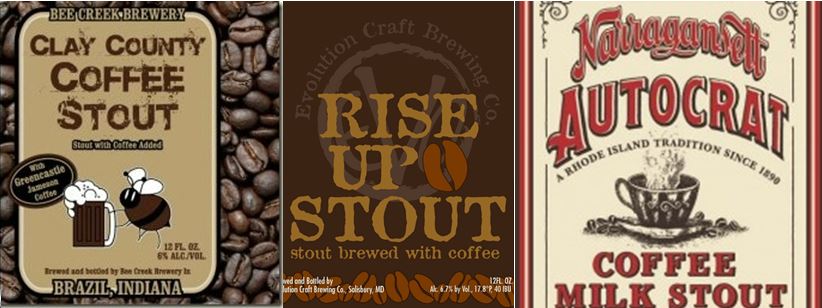All things being equal, media and consumers trust studies without corporate or branded backing most. Edelman’s 2015 Trust Barometer confirms that academic experts are twice as credible to consumers as CEOs.
 We are quick to call out bias, which makes a new report published by the Dietary Guidelines Advisory Committee last week so significant. An independent, government-backed advisory panel announced that drinking more coffee is good for you. It was the first time in 40 years the committee weighed in on coffee consumption and said that up to five cups of Joe a day are A-Okay. Now, federal endorsement for drinking coffee seems imminent.
We are quick to call out bias, which makes a new report published by the Dietary Guidelines Advisory Committee last week so significant. An independent, government-backed advisory panel announced that drinking more coffee is good for you. It was the first time in 40 years the committee weighed in on coffee consumption and said that up to five cups of Joe a day are A-Okay. Now, federal endorsement for drinking coffee seems imminent.

If you work in the coffee business, I think you would agree: It doesn’t get much better than this.
One important question remains: How do you leverage positive and independent health research? Everyone agrees independent research ranks highest in credibility. But since you don’t own it, you can’t customize the study to fit your communications needs. Or can you? I spoke to our in-house RD and Manager of Nutrition Communications, Joanne Tehrani to find out.
Here are three ways your brand can benefit from independent research, no matter what business you are in:
- Update key messages.
Scientific research is a treasure trove for quotable data. Identify which research findings are most relevant for your business and add them to your roster of key messages. A must: Proper citation of the original source. If you don’t own a piece of content, give credit where credit is due.
2. Offer consumers to “ask the expert.”
Not being the study author does not mean you can’t comment on it. In fact, consumers are looking for experts to interpret scientific data and give them easy-to-follow guidelines for their everyday life. Engage an expert in food science or dietetics and host an “Ask the Expert” event on social media. To offer consumers the best value, encourage your expert to discuss the five most cited health studies in your field, not just the newest one.

3. Tell your story while someone is listening.
Media’s attention span is short. When an independent health study captures media interest, use that short window of opportunity to reach out to journalists looking for more story angles to cover the topic. As a coffee brand, draw attention to unique moments in your history, the way your coffee beans are sourced or how you approach its culinary versatility (like coffee in alcoholic beverages) that could be a media hook.
People don’t drink coffee for its health benefits (yet), but the report from the Dietary Guidelines Advisory Committee could change the way coffee is marketed. Since Forbes just reported that young Americans are dropping coffee for tea, coffee marketers should not waste any time.



